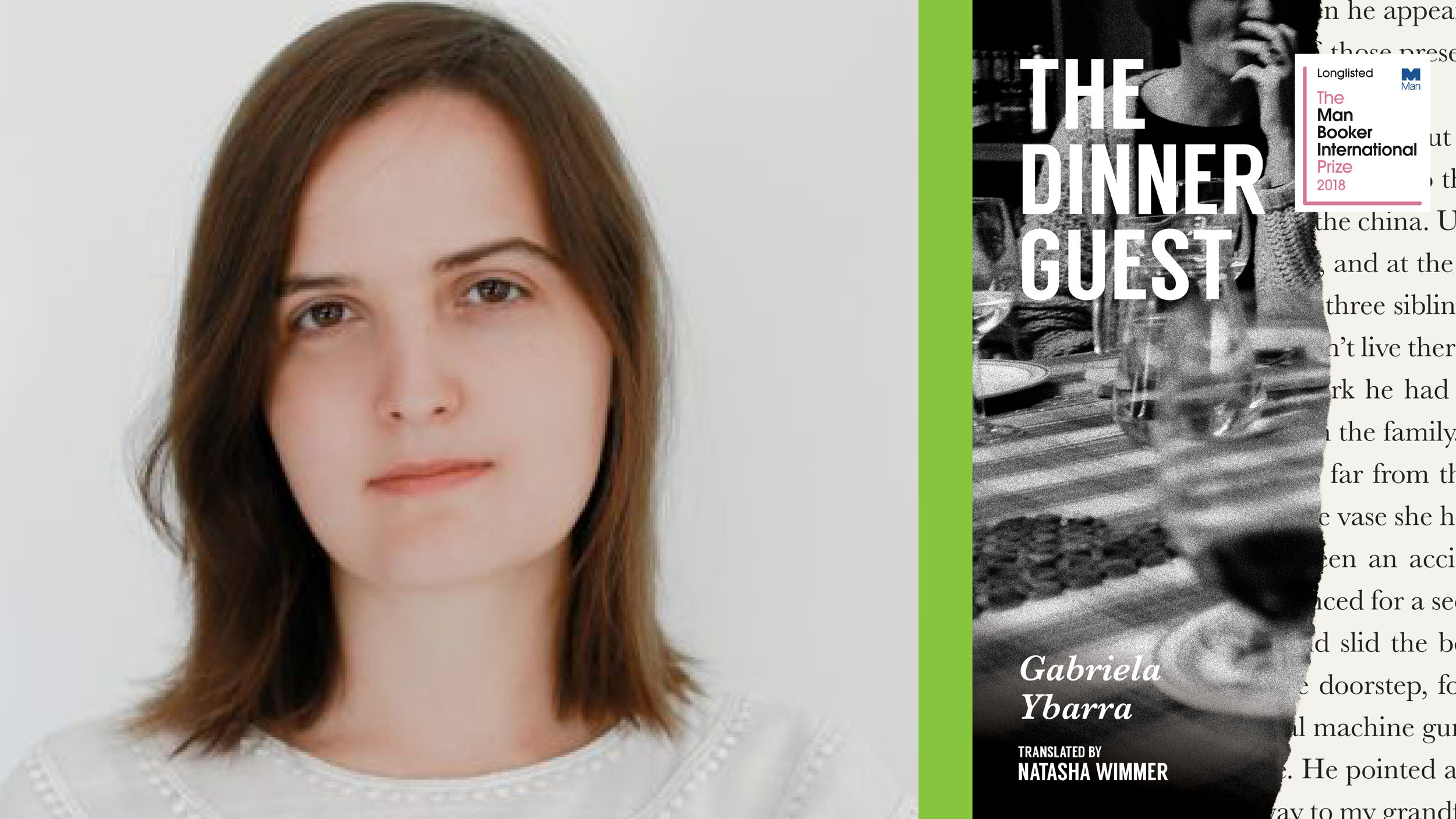The New York Times on The Dinner Guest
“Most striking is the narrator’s restraint.” Mara Faye Lethem, writing for The New York Times, features Gabriela Ybarra’s The Dinner Guest (tr. Natasha Wimmer) in a roundup of Spanish-language fiction:
The eponymous dinner guest in Ybarra’s debut novel is death itself, invisible but with plate, glass, knife and fork, in this lucid dissection of political violence and open secrets. Ybarra, a Spanish writer from the Basque region, creates a “free reconstruction” of the story of her family, one of about a dozen who dominated positions of power in the late 1970s in the Vizcaya province, where “everything was a politics of the family.” The shadow cast by the dinner guest comes first for her paternal grandfather, kidnapped and murdered by Basque separatists in 1977, three days after the first elections of Spain’s new democracy were held; and then for her mother, dead from cancer a month and a half before E.T.A., the separatist Basque militant group, laid down its arms. These two deaths dictate the book’s structure, its halves hanging loosely together, the hinge being Ybarra’s father, who, once widowed, “began to talk about bloodstained rosaries” whereas before “the killing was just a pair of handcuffs in a glass case.”

